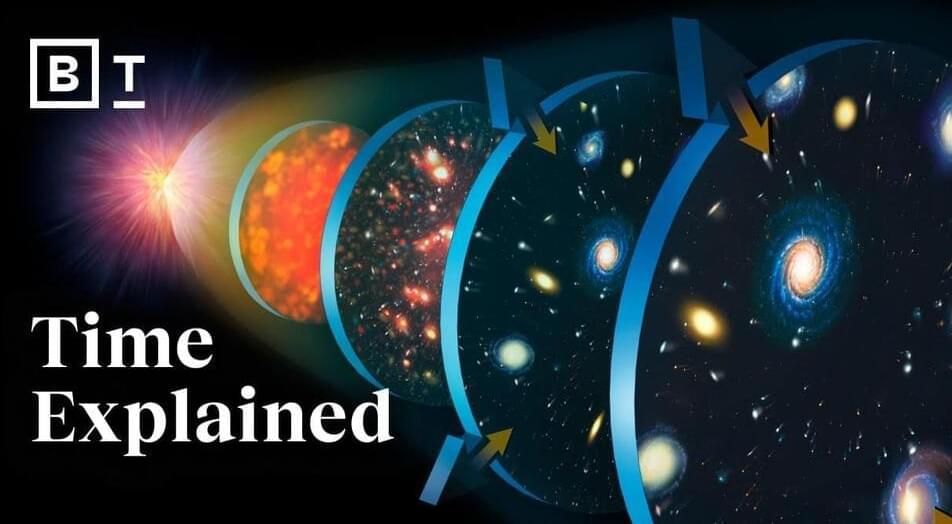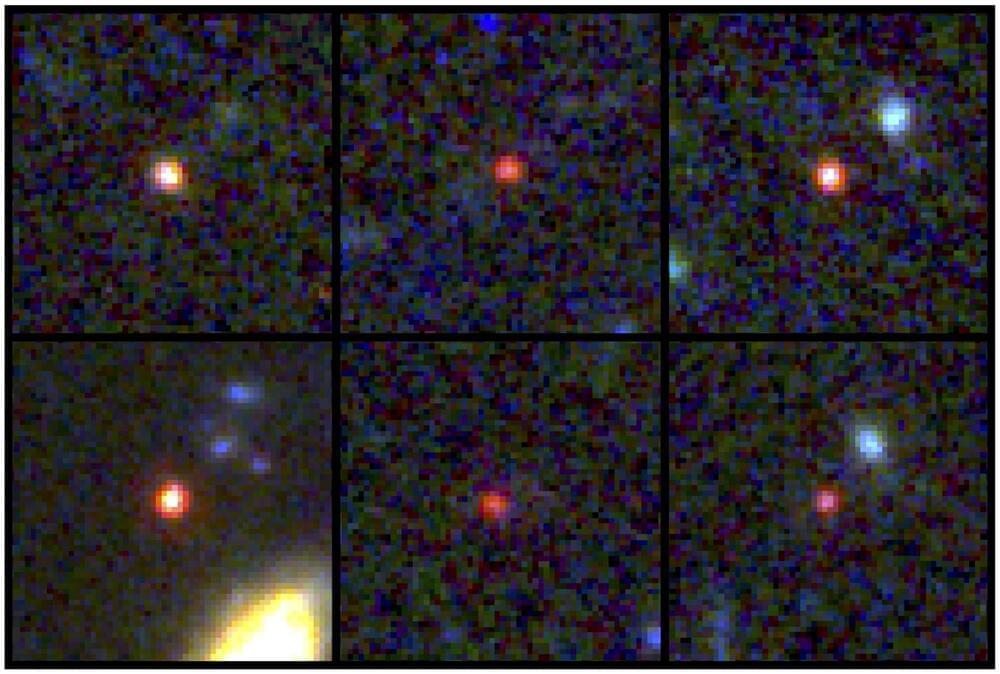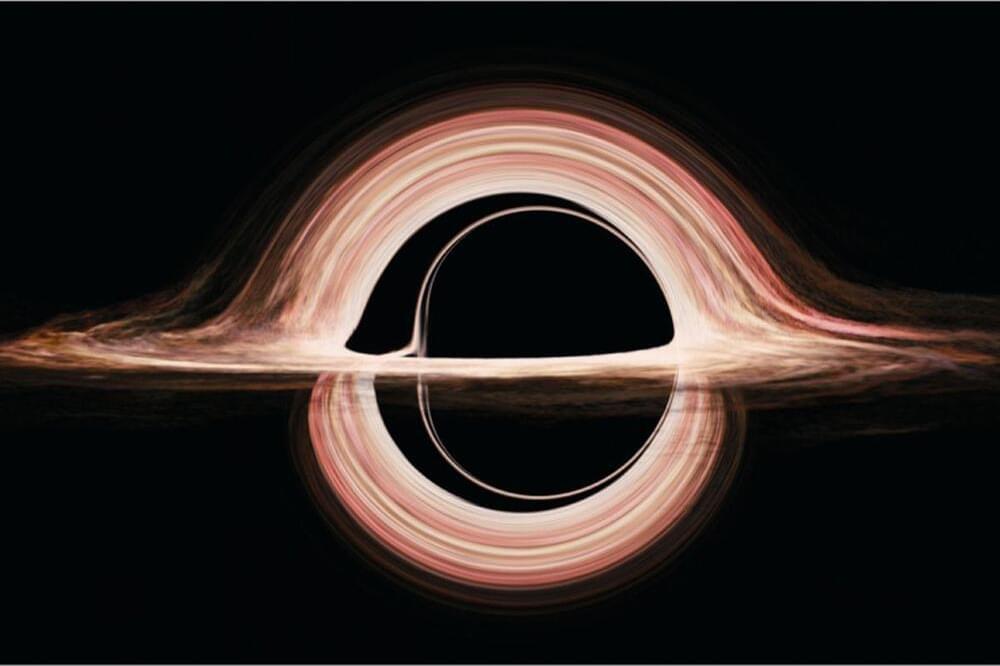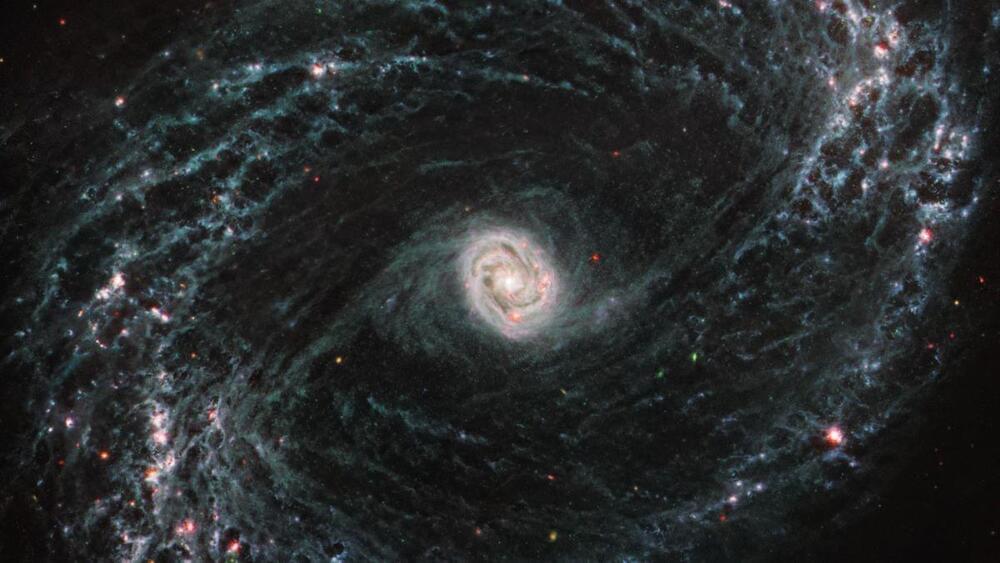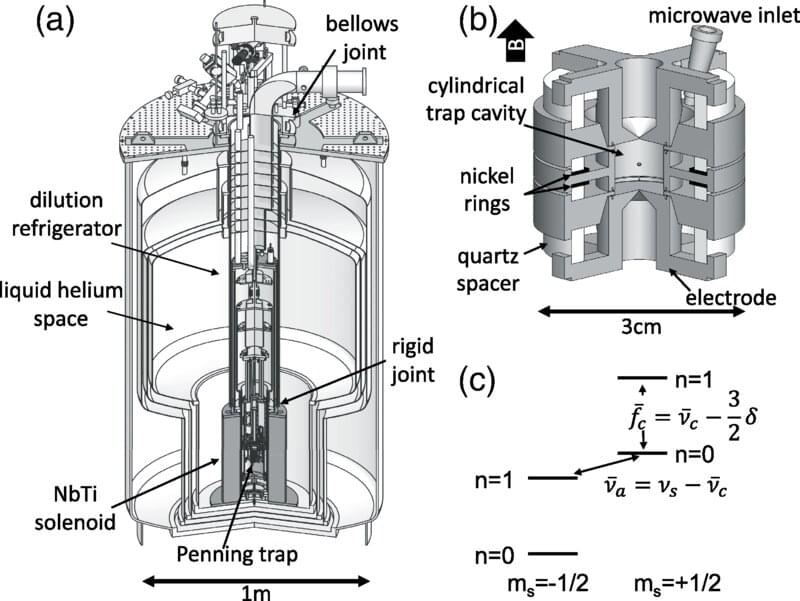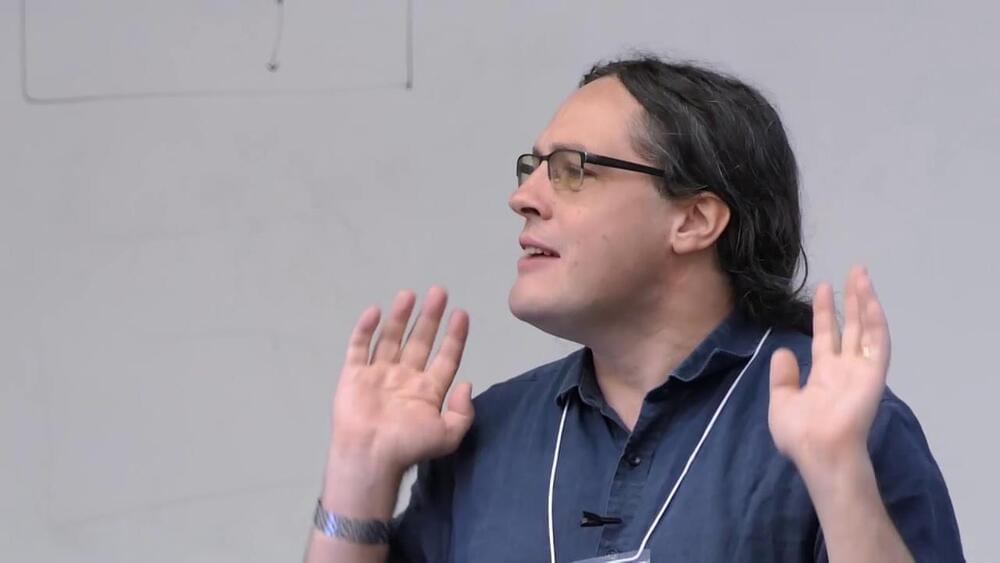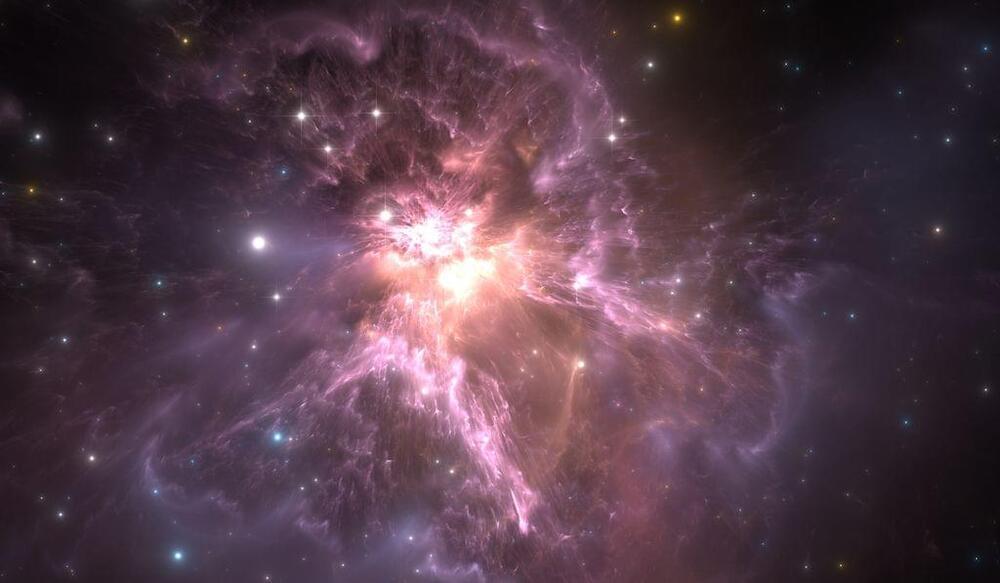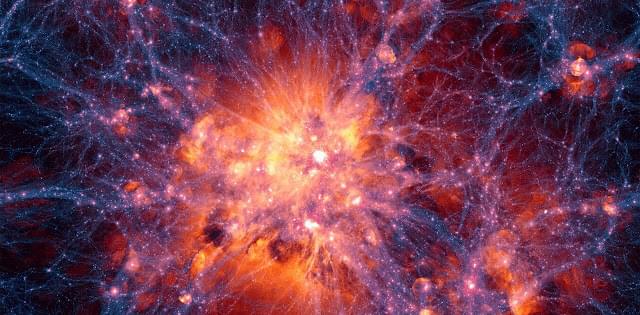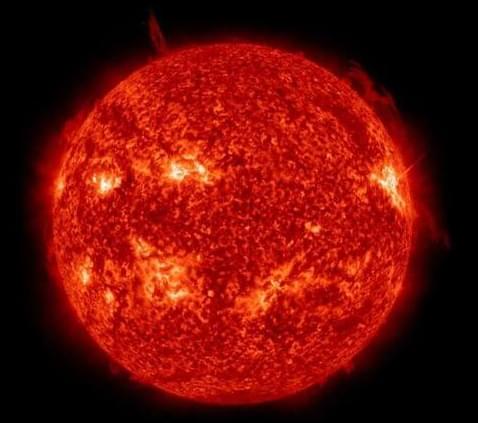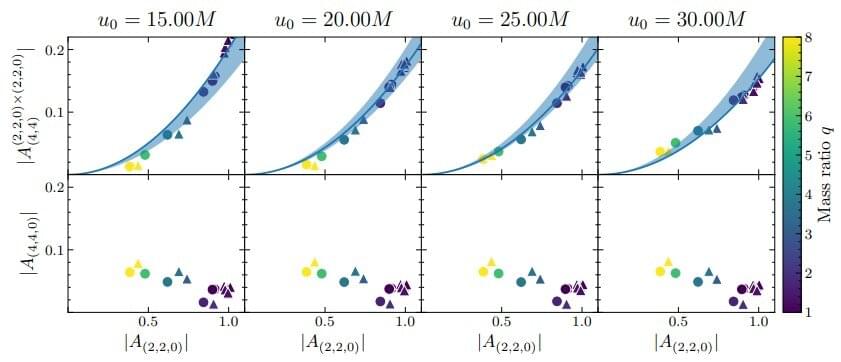
When two black holes collide into each other to form a new bigger black hole, they violently roil spacetime around them, sending ripples, called gravitational waves, outward in all directions. Previous studies of black hole collisions modeled the behavior of the gravitational waves using what is known as linear math, which means that the gravitational waves rippling outward did not influence, or interact, with each other. Now, a new analysis has modeled the same collisions in more detail and revealed so-called nonlinear effects.
“Nonlinear effects are what happens when waves on the beach crest and crash,” says Keefe Mitman, a Caltech graduate student who works with Saul Teukolsky (Ph. D. ‘74), the Robinson Professor of Theoretical Astrophysics at Caltech with a joint appointment at Cornell University.
“The waves interact and influence each other rather than ride along by themselves. With something as violent as a black hole merger, we expected these effects but had not seen them in our models until now. New methods for extracting the waveforms from our simulations have made it possible to see the nonlinearities.”
